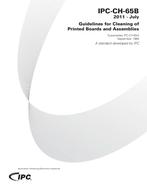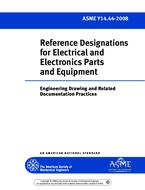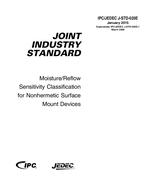
UL 2245
Original price was: $631.00.$379.00Current price is: $379.00.
Below-Grade Vaults for Flammable Liquid Storage Tanks
| Published by | Publication Date | Number of Pages |
| UL | 12/28/2006 | 16 |
UL 2245 – Below-Grade Vaults for Flammable Liquid Storage Tanks
Please note: All interim revisions for this edition available at time of your purchase will be included.
Below-Grade Vaults for Flammable Liquid Storage Tanks
UL 2245
1 Scope
1.1 These requirements cover below-grade vaults intended for the storage of flammable or combustible liquids in an aboveground atmospheric tank. Below-grade vaults are designed to contain one aboveground tank which can be a compartment tank. Adjacent vaults may share a common wall. The lid of the vault may be at or below-grade.
1.2 Below-grade vaults are constructed of a minimum of 6 inches (152.4 mm) of reinforced concrete or other equivalent noncombustible material and form a complete, liquid-tight enclosure that does not allow external ground water to permeate through the vault walls. Below-grade vaults can be evaluated as secondary containment vaults.
1.3 Below-grade vaults covered by these requirements do not include an evaluation of components, such as ventilation equipment, leak detection and monitoring equipment, overfill protection equipment, and access ladders.
1.4 Below-grade vaults are intended for installation and use in accordance with the manufacturer’s instructions and the following fire codes: the Flammable and Combustible Liquids Code , NFPA 30 , the Automotive and Marine Service Station Code , NFPA 30A , and the Uniform Fire Code , Appendix II-J .
1.5 Below-grade vaults covered by these requirements may be shipped in parts that require final assembly in the field. When field assembly is required, detailed installation instructions shall be provided.
1.6 These requirements do not cover seismic loading.
1.7 A product that contains features, characteristics, components, materials, or systems new or different from those covered by the requirements in this Standard, and that involves a risk of fire, electric shock, or injury to persons shall be evaluated using the appropriate additional component and end-product requirements to determine that the level of safety as originally anticipated by the intent of this Standard is maintained. A product whose features, characteristics, components, materials, or systems conflict with specific requirements or provisions of this Standard shall not be judged to comply with this Standard. Where appropriate, revision of requirements shall be proposed and adopted in conformance with the methods employed for development, revision, and implementation of this Standard.
Product Details
- Edition:
- 2nd
- Published:
- 12/28/2006
- Number of Pages:
- 16
- Note:
- This product is unavailable in Ukraine, Russia, Belarus



